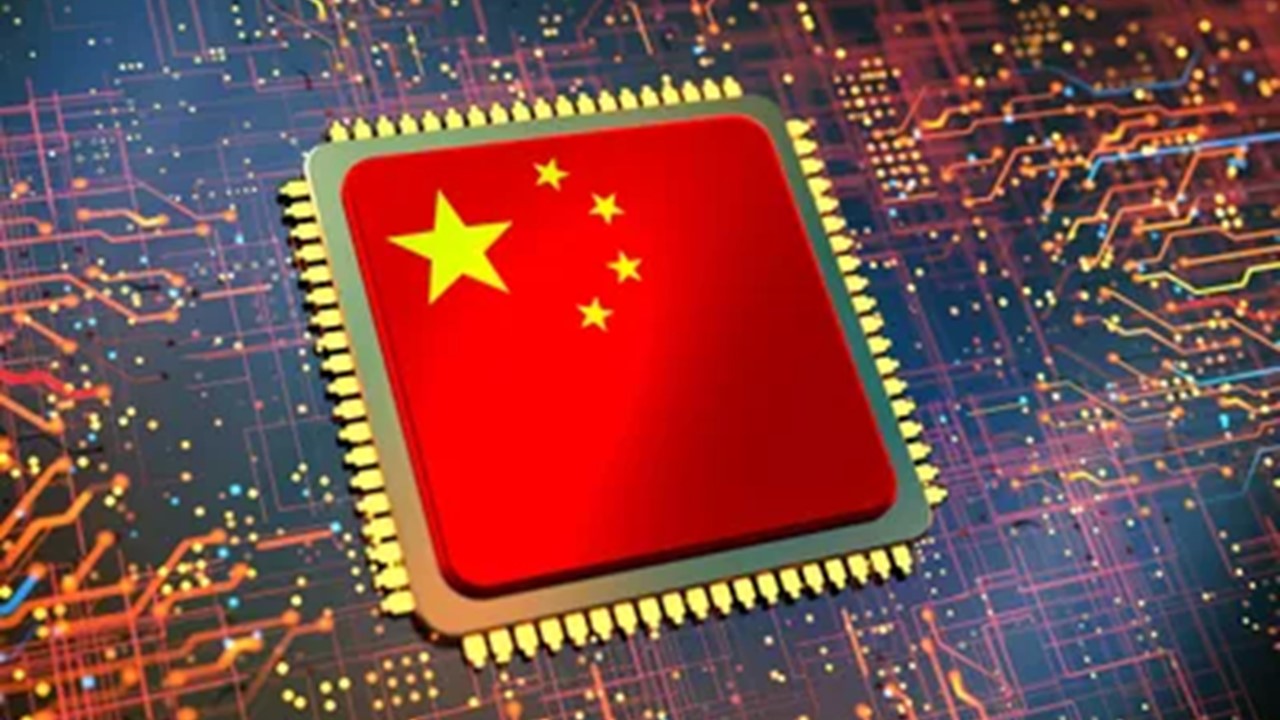China is facing increasing pressure in the tech industry in 2023 as the United States, Japan, and the Netherlands have agreed to tighten China’s access to certain chip-making equipment and technologies, a blow to Beijing’s semiconductor development plans.
The Biden administration has also considered cutting off Huawei Technologies Co from its US suppliers, which will further restrict its access to advanced chips.
This is according to a recent report by the Centre for International Security and Strategy (CISS), a research institution at Tsinghua University in Beijing, which warns of continued pressure from the US.
The CISS report says that the US will use ideological differences and security concerns to convince or threaten its allies to impose stricter semiconductor export controls against China, and these controls could even extend to areas such as biotechnology, clean fuel, nuclear systems, and healthcare.
ASML Holding dominates the global market for chip manufacturing equipment with its advanced extreme ultraviolet lithography systems.
While details of the export control agreement between the US, Japan, and the Netherlands have not been officially disclosed, it is widely speculated that a number of ArF Immersion deep ultraviolet lithography systems from ASML Holding will be off limits to China.
These machines, which use laser technology to carve a circuit onto a wafer, enable lithography processing from 45 nanometres to 7 nm. The US-led effort to further restrict chip-making equipment sales will also affect prospects for Japanese DUV system suppliers to China, such as Nikon and Canon.
Analysts from Beijing-based consultancy Anbound have said that the crackdown on semiconductors has hit the technological weakness of China and the noose around China’s semiconductor industry will be even tighter with the agreement between the US, Japan, and the Netherlands.
However, ASML has said that it will take time for the governments to finalize legislation about the tightened export controls and to execute such legislation.
Meanwhile, sales of semiconductor equipment by Japan and the Netherlands to China are not insignificant and how the US will compensate the affected companies will be key to whether the agreement can be implemented and would last, according to Arisa Liu, a senior semiconductor research fellow at the Taiwan Institute of Economic Research.
China’s semiconductor industry faces significant challenges as the US continues to curb access to advanced chip technologies, and the result could mark a big setback for chip development in the country.
The constantly shifting interests of the countries involved in the industry adds to the uncertainty, but Chinese semiconductor companies are trying to diversify their supply chain through increased engagement with mainland, Japanese, and European suppliers.







